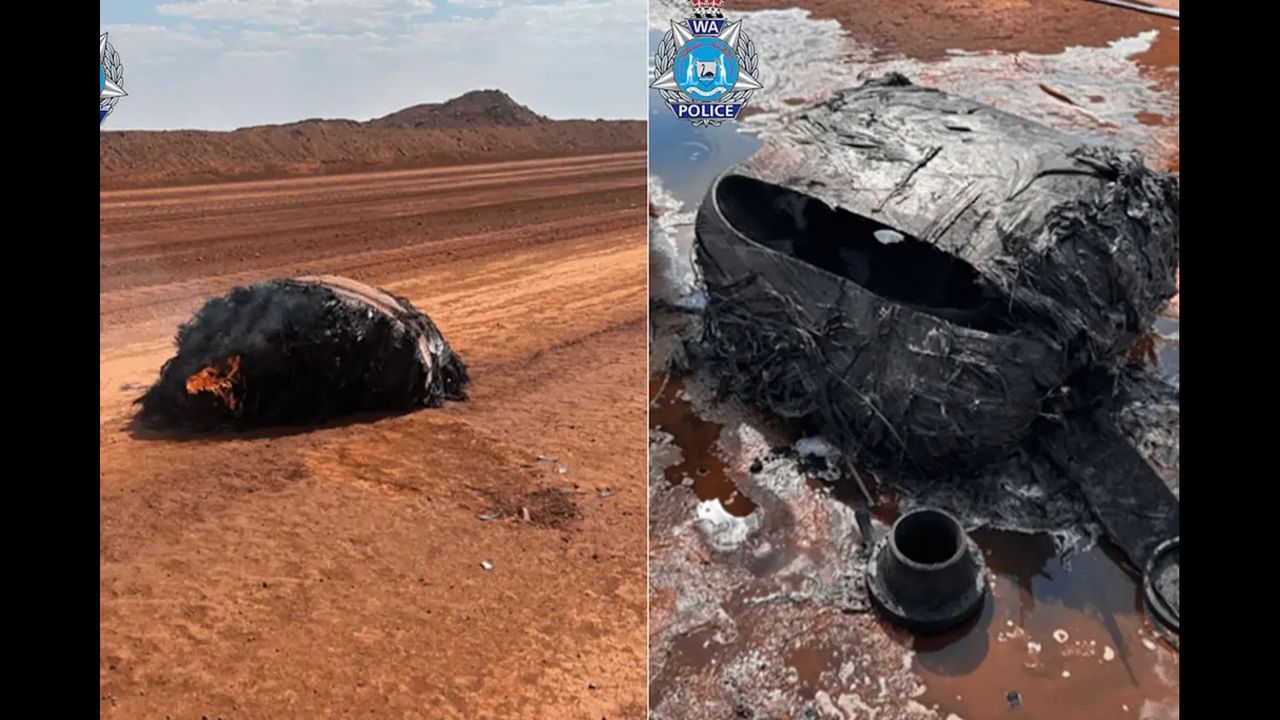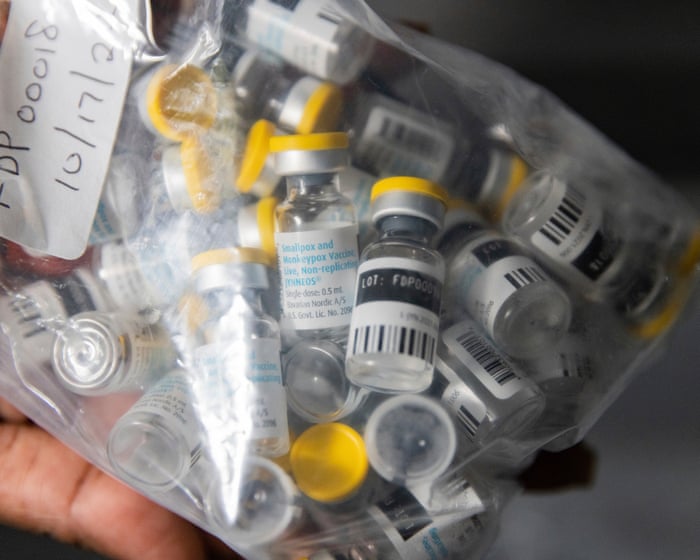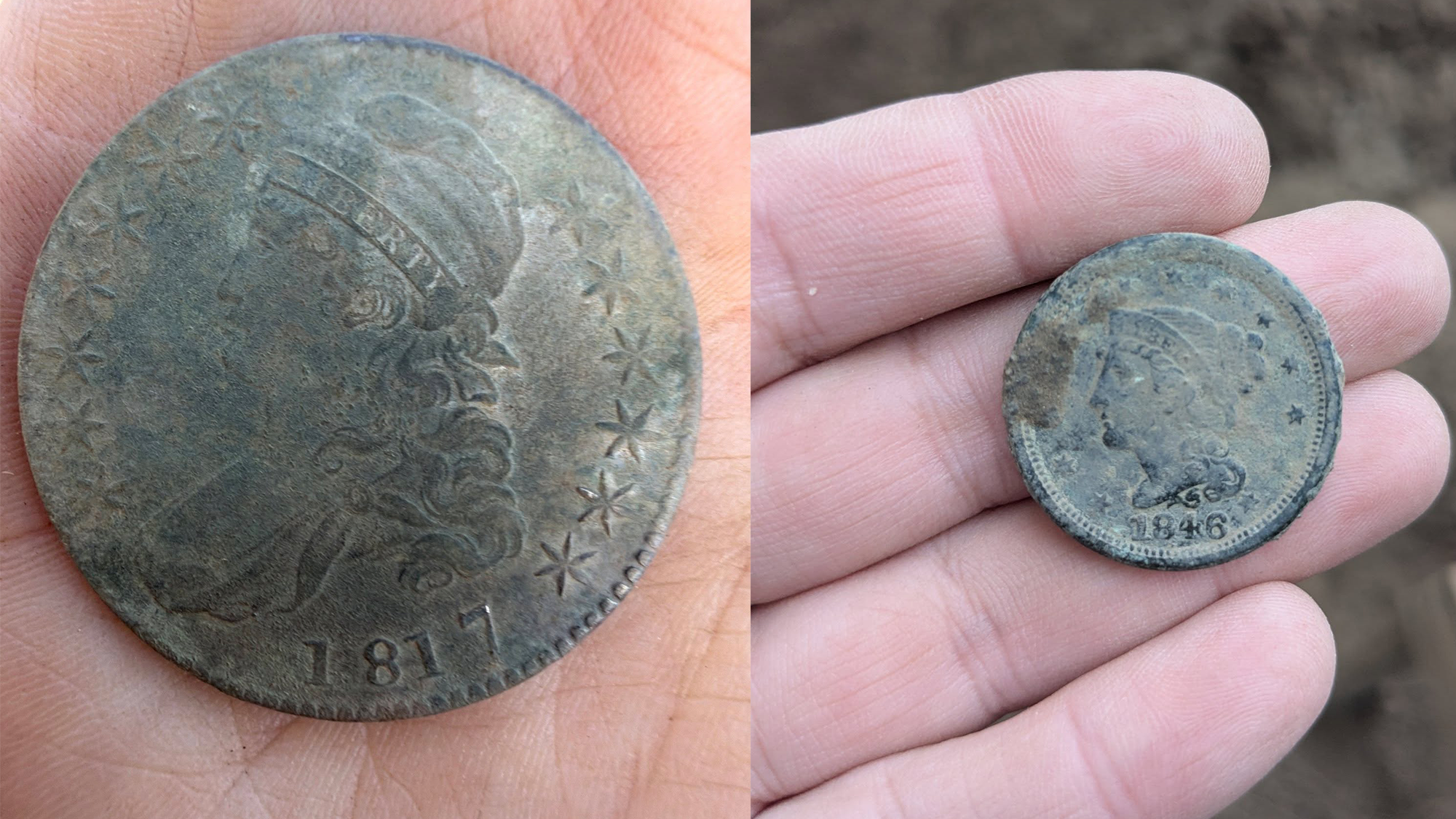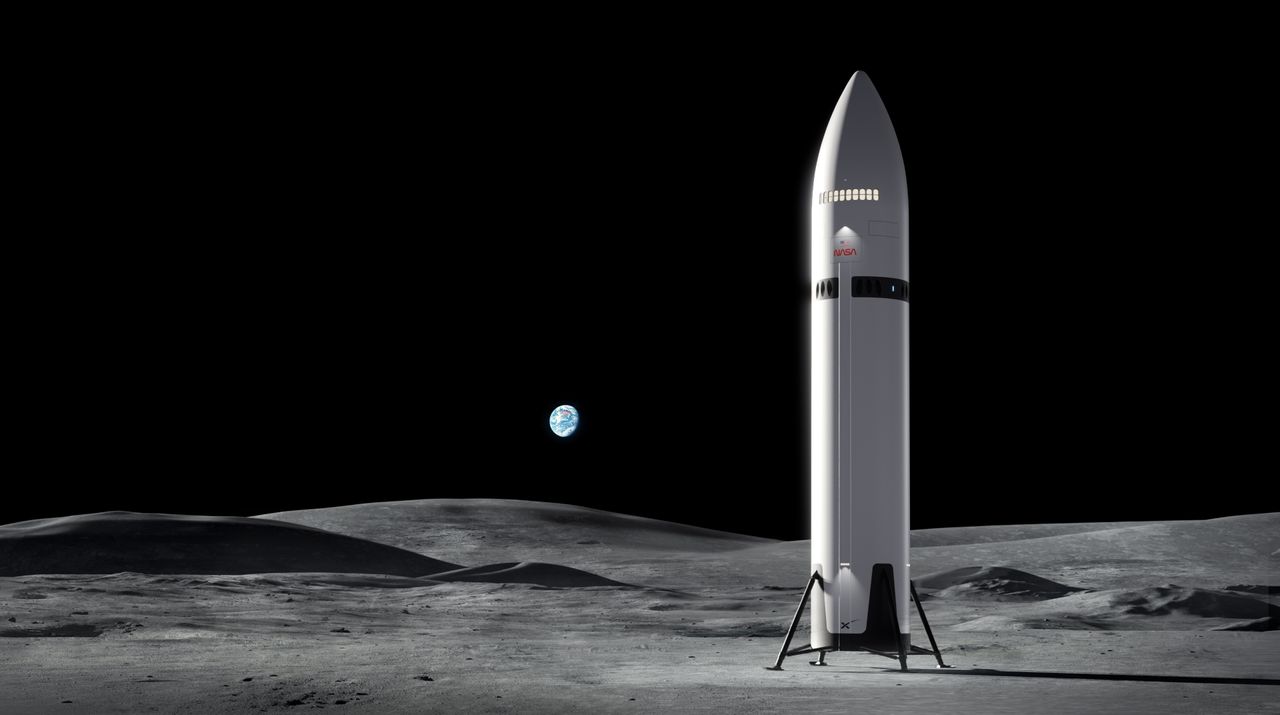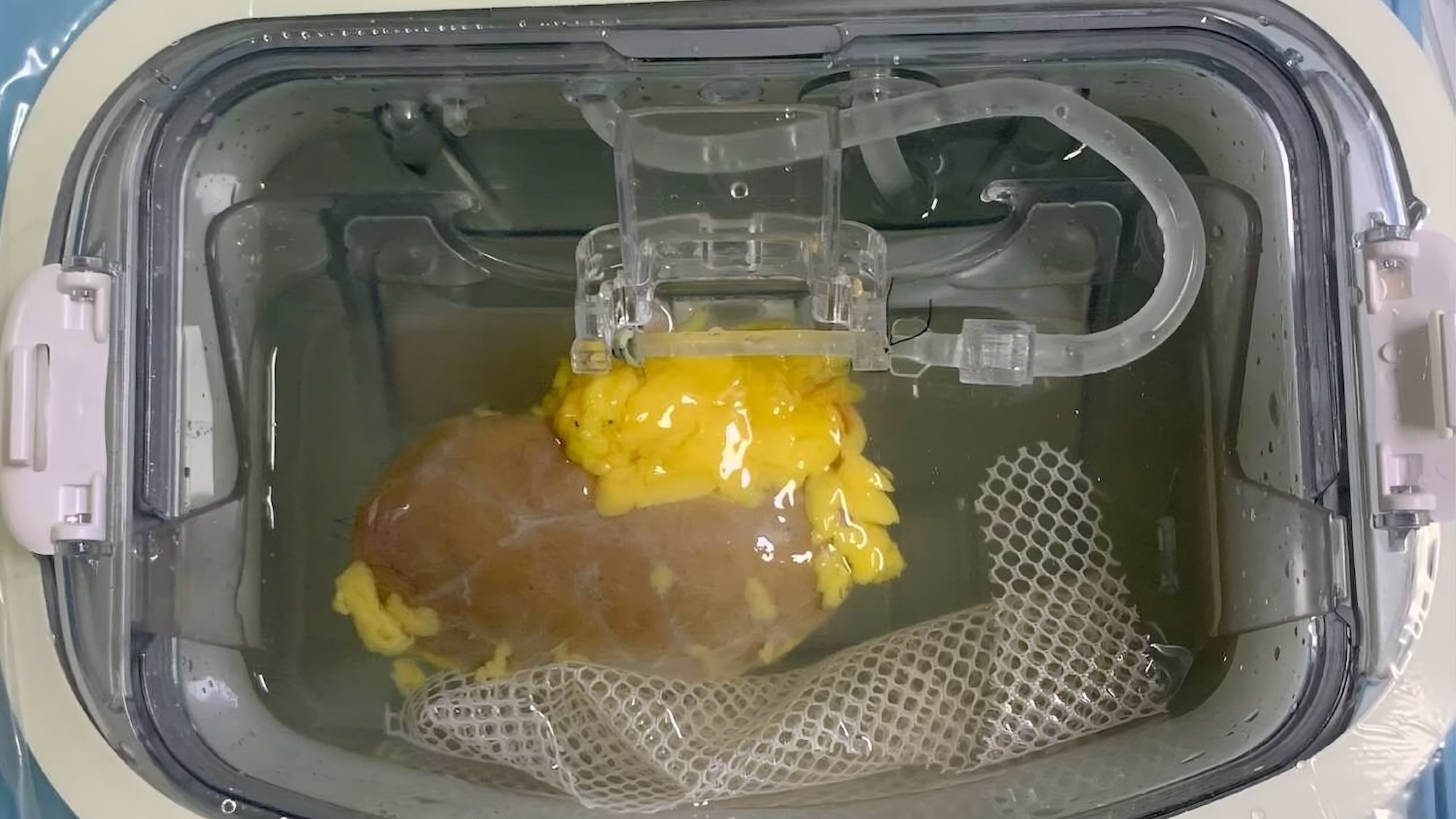Trump's fake video featured 'Danger Zone.' Musician Kenny Loggins wants it scrubbed
NegativeScience

Musician Kenny Loggins is requesting the removal of his song 'Danger Zone' from a fake video featuring Donald Trump that was shared on Truth Social. This incident highlights the ongoing concerns about the misuse of artists' work in political contexts, raising questions about copyright and the integrity of creative content.
— Curated by the World Pulse Now AI Editorial System


